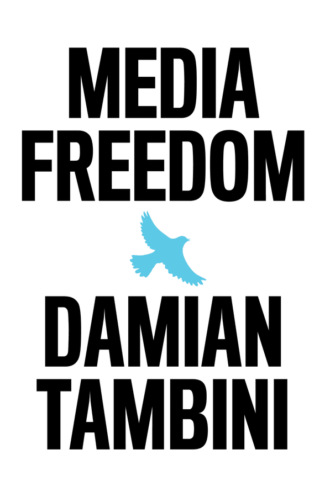
Полная версия
Media Freedom
The contentious role of social media in recent elections and referendums has brought to the fore once again the fundamental question of media freedom and the extent to which, and the way in which, the media should be regulated in a modern democratic society. This book surveys the history of media in the US, the UK and Europe in order to develop a new theory of media freedom that is capable of resolving current controversies about how best to regulate the media, including the internet and social media. Tambini argues that democratic regulation of the media must build upon – and learn from – the long history of accommodation between the press, broadcasting, the state and corporate power. By attending to this history, we can see that media freedom is not absolute but rather conditional, taking the form of a social contract of privileges and connected duties. Tambini develops this social contract account of media freedom and applies it to different media sectors, from the press and broadcasting to the internet and social media. Above all, he argues for a renewed role for international human rights law standards in media governance, and an end to American exceptionalism. Written for students, scholars, policymakers and media professionals, this wide-ranging book will be of interest to everyone concerned about the role of the media in our societies and about the health of our democracies.

